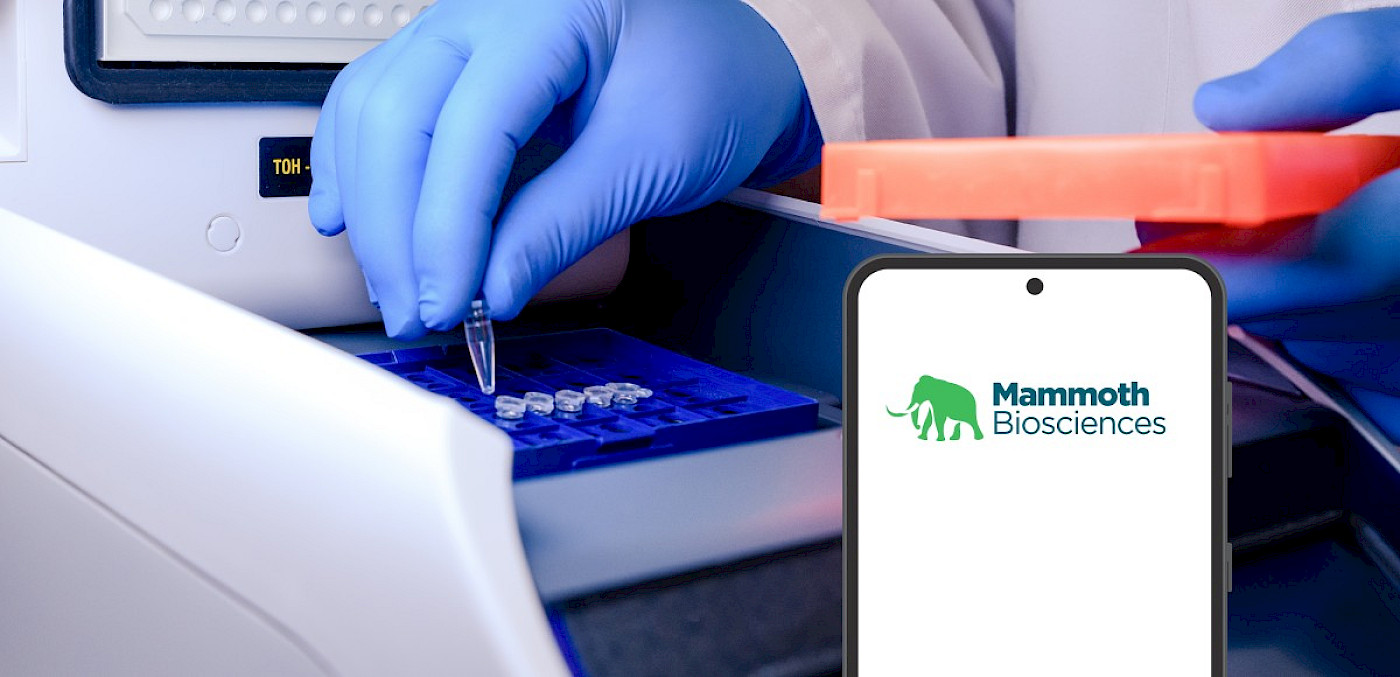Emerging Unicorn Mammoth Biosciences among biopharma companies innovating to treat diseases once deemed “untreatable.”
Though they seek to come up with treatments for illnesses with no known cures, startup biopharma companies often fail to attract the media buzz of emerging tech companies. That may be because drugs often face a lengthy and cumbersome governmental approval process that can last for years.
But that hasn't kept savvy investors from pouring fresh rounds of capital into startups that are poised to address maladies from cancer to neurological disorders. Some of these companies are even winning media plaudits for their groundbreaking research.
One of the powerful technologies expected to transform healthcare in the coming years is CRISPR, a tool that can allow researchers to alter DNA sequences and modify gene function. It has many potential applications, including correcting genetic defects and treating and preventing the spread of diseases.
Last month, Mammoth Biosciences, a Brisbane, Calif.-based biotech using CRISPR technology to cure and detect disease, was named to Fast Company’s 2022 list of the “Next Big Things in Tech.” According to Mammoth, its proprietary systems have the potential to deliver on the promise of CRISPR to provide patients with permanent genetic cures and to power a new method of decentralizable molecular detection. Founded in 2017, Mammoth now has achieved its unicorn status, reaching its valuation of slightly more than $1 billion – and has received the financial backing of investors including Decheng Capital, Foresite Capital, and Greenspring Associates.
On the cancer front there is no shortage of treatment innovations. Cambridge, Mass.-based FogPharma earlier this month closed a $178 million Series D round led by a group of investors including Arch Venture Partners and Invus. The company is developing a new class of drugs that target tumors. The company, which was founded in 2016, has a valuation of more than $400 million.
And CG Oncology, based in Irvine, Calif., recently announced an oversubscribed $120 million Series E funding round led by ORI Capital, Longitude Capital and Decheng Capital. The company’s lead drug candidate, CG0070, has reached Phase 3 testing as a monotherapy for non-muscle invasive bladder cancer. The company, which was founded in 2010 and also has a valuation of roughly $400 million, said it will use the new capital to advance its lead programs toward FDA review and broaden its drug pipeline to address other unmet needs in urologic cancer.
Meanwhile, two other biopharma startups working on drugs that treat neurological disorders have received fresh rounds of funding.
In late November, San Diego-based Escient Pharmaceuticals announced a $120 Million Series C financing led by New Enterprise Associates, Abingworth and Forge Life Science Partners (not affiliated with Forge (NYSE: FRGE)). The funding will be used to treat a broad range of neurosensory-inflammatory disorders. And in early November, Chicago-based Emalex Biosciences announced the closing of an upsized and oversubscribed $250 million Series D funding round that will fund a Phase 3 clinical trial and potential commercialization of a new class of drug for patients with Tourette Syndrome. Bain Capital Life Sciences led the funding round with participation from Paragon Biosciences, Valor Equity Partners, Fidelity Management & Research Co. and several family offices.





